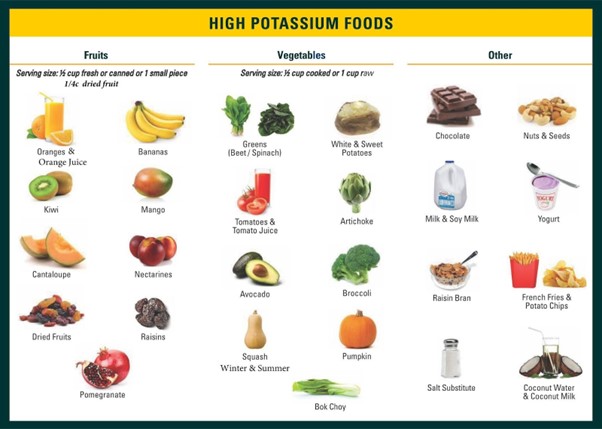A client who has a body mass index (BMI) of 30 is requesting information on the initial approach to a weight loss plan. Which action should the nurse recommend?
Plan low carbohydrate and high protein meals.
Engage in strenuous activity for an hour daily.
Participate in a group exercise class 3 times a week.
Keep a record of food and drinks consumed daily.
The Correct Answer is D
Choice A
Planning low carbohydrate and high protein meals is not recommended. While meal planning is important for weight loss, focusing solely on low carbohydrate and high protein meals may not be the most balanced or sustainable approach. It's essential to consider a variety of nutrients and food groups in the diet.
Choice B
Engaging in strenuous activity for an hour daily is not recommended. Jumping into strenuous activity for an hour daily might not be realistic or safe for everyone, especially for someone who is just starting their weight loss journey. A more gradual increase in physical activity is often recommended.
Choice C
Participating in a group exercise class 3 times a week is not recommended. Group exercise classes can be beneficial, but they may not address the whole spectrum of weight loss factors. Additionally, starting with three times a week might be challenging for someone new to exercise.
Choice D
Keep a record of food and drinks consumed daily is recommended. When helping a client with a BMI of 30 (which falls within the obese range) start a weight loss plan, keeping a record of food and drinks consumed daily can be an effective initial approach. This approach is often referred to as "food journaling" or "food tracking." It involves writing down everything the client eats and drinks throughout the day. This practice can help raise awareness of eating habits, identify patterns, and uncover areas where changes can be made to reduce calorie intake.
Nursing Test Bank
Naxlex Comprehensive Predictor Exams
Related Questions
Correct Answer is B
Explanation
Choice A
Protein is not essential. While protein can influence blood sugar levels to some extent, its effect is much smaller compared to carbohydrates. Protein is not typically counted as a primary factor in insulin dosing.
Choice B
Carbohydrates are essential. For a client with type 1 diabetes mellitus who uses both short-acting (mealtime) and long-acting (basal) insulin, counting carbohydrates is essential for meal planning and insulin dosing. Carbohydrates have the most direct and significant impact on blood sugar levels. When carbohydrates are consumed, they are broken down into glucose, which enters the bloodstream and can lead to increased blood sugar levels
Choice C
Dairy is not essential. Dairy products can contain carbohydrates (such as lactose), but the carbohydrate content varies and is not as significant as in foods like grains, fruits, and starchy vegetables.
Choice D
Fats are not essential. Fats have minimal direct impact on blood sugar levels. However, they can affect the overall rate of digestion and absorption of carbohydrates, potentially influencing the timing of insulin administration. But carbohydrate counting remains the primary focus for insulin adjustment.
Correct Answer is A
Explanation
Choice A
Potatoes, bananas, and oranges should be encouraged. Hypokalaemia refers to a lower than normal level of potassium in the blood. Potassium is an essential mineral that plays a crucial role in maintaining proper muscle function, nerve signalling, and fluid balance in the body. To address hypokalaemia, it's important to consume foods that are rich in potassium.
Choice B
Cranberry juice, butter, and hard candy. None of these foods are particularly high in potassium should not be encouraged. Cranberry juice is more commonly associated with urinary tract health, and butter and hard candy do not contribute significant amounts of potassium.
Choice C
Milk products, canned salmon, and fresh oysters should not be encouraged. While milk products contain some potassium, they are not as potent a source as other options. Canned salmon and fresh oysters do provide some potassium, but they are not as well-known for their potassium content as other foods like bananas and potatoes.
Choice D
Hard cheese, whole grain cereals, and dried vegetables should not be encouraged. These foods are not known for being particularly high in potassium. Hard cheese and whole grain cereals have limited potassium content, and dried vegetables, while containing some potassium, are not among the best sources.

Whether you are a student looking to ace your exams or a practicing nurse seeking to enhance your expertise , our nursing education contents will empower you with the confidence and competence to make a difference in the lives of patients and become a respected leader in the healthcare field.
Visit Naxlex, invest in your future and unlock endless possibilities with our unparalleled nursing education contents today
Report Wrong Answer on the Current Question
Do you disagree with the answer? If yes, what is your expected answer? Explain.
Kindly be descriptive with the issue you are facing.
